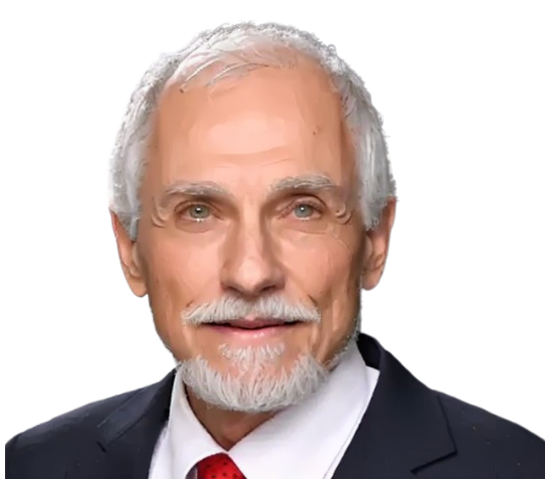WHY THE MEDICAL COMMUNITY IS AGAINST MARIJUANA USE:
- Loss of touch with reality, despair, loss of job, loss of self-respect. Impairs perception, judgment, thinking, memory, learning. Loss of motivation, loss of energy, and interpersonal problems.
- Reduced ability of immune cells in lungs to fight fungi, bacteria, and tumour cells. Depresses the entire immune system. Harms lungs, all systems of the body. Causes bronchitis, inflammation of airways in lungs, chronic respiratory illness.
- Marijuana smoke and cigarette smoke have the same toxins associated with cancer. One joint has four times more tar than a cigarette. One Marijuana cigarette has as much cancer causing tar as 17 tobacco cigarettes.
- A large percentage of marijuana smokers have cancers of the mouth and neck.
- Marijuana may be connected to toxic psychosis, panic attacks, flashbacks, delusions, hallucinations, depersonalization, paranoia, depression, uncontrollable aggression, bipolar (manic-depression), psychosis, and schizophrenia.
- Cannabis intoxication – impaired motor co-ordination, anxiety, impaired judgment, slowing of time, social withdrawal, memory loss, disorientation, highly related to accidents.
- Effects last up to 24 hours after use, and may seriously effect alertness, concentration, and co-ordination. It is more difficult to judge distance and to react to signals, and/or sounds on the road. There is the same lack of co-ordination as with a drunk driver.
- Marijuana users have more sick days, and more physician visits for respiratory problems.
- May provoke chemical depression leading to low self-esteem, self-destructive thinking, possibly suicide.
- Marijuana smokers have the same problems as tobacco smokers: breathing problems, daily cough, phlegm, chronic bronchitis, more chest colds, greater risk of lung infections such as pneumonia. There are also serious health consequences affecting the babies of pregnant mothers using marijuana, including loss of fetus, smaller baby, impaired motor development and memory. Reduces fertility, increases miscarriages.
- Regular use can lead to chronic anxiety and depression.
- Long term use can lead to increased risk of schizophrenia, lack of motivation, not caring about what happens in one’s life, fatigue, loss of desire to work regularly, lack of concern about appearance, poor school/work performance.
- Not everyone gets addicted, but when taken compulsively, there is dependence/addiction.
- Withdrawal symptoms by heavy users may include: restlessness, loss of appetite, weight loss, shaky hands, insomnia.
- Rebellious troubled teens with internal distress, unable to control emotions, often progress from tobacco, to alcohol to marijuana.
- Heavy users may develop tolerance and need more and more for the effects.
- Marijuana SMOKE has more tar and cancer causing chemicals than cigarette smoke.
- Occasional use may result in sedation, slower learning, impaired concentration, and short term memory loss, slower reaction time, time-distance distortion, hazardous driving.
- Larger doses can precipitate acute anxiety – panic, schizophrenia, brain cell damage, chromosomal damage, impaired logical thinking, irritability.
- Cancer: may be used to reduce vomiting and nausea, but makes it unsafe to drive a car. Sometimes may cause psychotic behaviour. There are other medicines that are better for the treatment of vomiting and nausea.
- Crude Marijuana actually causes cancer and suppresses the immune system.
- Aids: Marijuana has been proposed to treat wasting away, loss of appetite and weight loss. Marijuana may cause the “munchies”, the desire to eat high calorie foods. However, marijuana depresses the immune system, causes cancer, and these patients already have damaged immune systems.
- The high and mental clouding are unpleasant to most patients, except those who were previously drug users.
- Large, Powerful Pro-Marijuana Lobby: Want the public to see marijuana as a medicine, to end the negative image of marijuana, insist on the use of crude marijuana, want to normalize and/or legalize illicit drugs, focus on the most feared illnesses to stimulate sympathy for their sufferers
- Legalization of Marijuana will increase usage of marijuana, increase usage of other illegal drugs and more social harm, including disruptions in families, school achievement, decreased work productivity, and accidents. Legalizing drugs suggests drug use is acceptable, and encourages drug use among those who do not use drugs. This is true of tobacco, alcohol or any other drug.
- “This is really an effort by druggies to legalize marijuana … You’re doing something despicable, and you’re putting a nice face on it.” US Government Rep Bob Barr, Georgia.
- “What’s really going on here is people are trying to legalize smoking marijuana, and they are using cancer, and aids patients as a prop,” said Dave Weldon , US Government Rep, Florida.
- “Without exception, all those people who are into heroin started with marijuana,” said Dr. Nicholas A. Pace, a Manhattan doctor who treats adolescents for substance abuse.
- In the early 1900’s drugs were easily available, legal and inexpensive, and were even listed in the Sears catalogue. When these drugs, such as cocaine were widely available, both use and addiction rose rapidly.
- The Lancet, the British medical journal, January 9, 1982, reveals the following: when Great Britain allowed doctors to prescribe heroin to addicts, use dramatically increased, and by the mid 1980’s addiction rates were increasing 30% per year.
- University of Alaska study:
- 1975: Alaska Supreme Court rules that a 19 year old may possess up to 4 ounces of marijuana for personal use.
- 1988: the state’s 12 to 17 year old’s use marijuana at more than twice the national average for their age group.
- 1990: Alaska residents vote to recriminalise possession of marijuana, due to experience of negative social consequences of increased use of marijuana since 1975.


